-
Antioxidant: Lavender, Cinnamon, Ginger, Cardamom, Chamomile, Star anise and Rose petal
Regular price From $19.90 NZDRegular priceUnit price per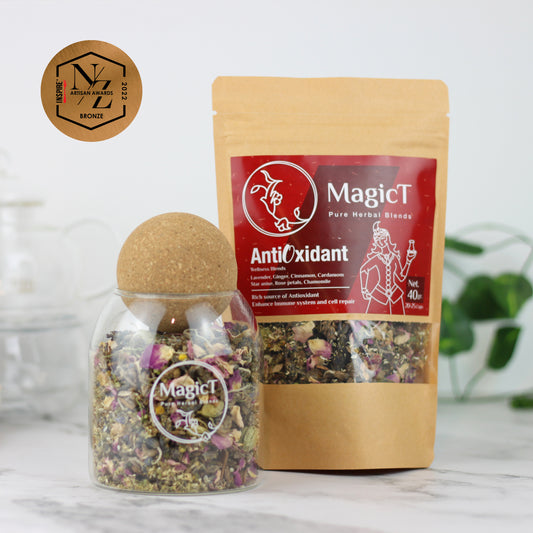
-
Rosy Strawberry: Dried Strawberry, Rose Petals and Hibiscus
Regular price $19.90 NZDRegular priceUnit price per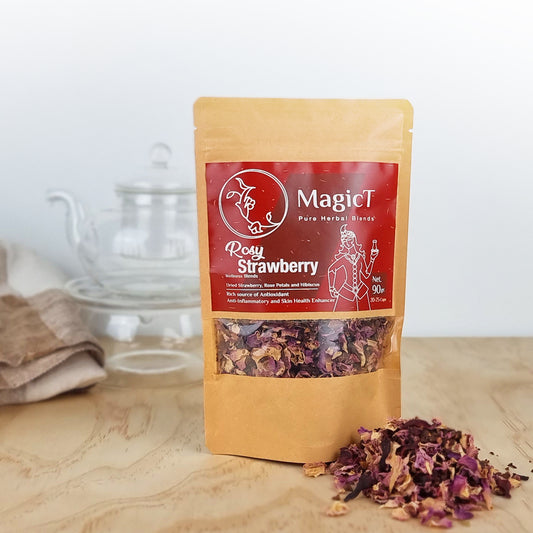
-
Detox : Nettle, Lemon Verbena, Borage
Regular price $19.90 NZDRegular priceUnit price per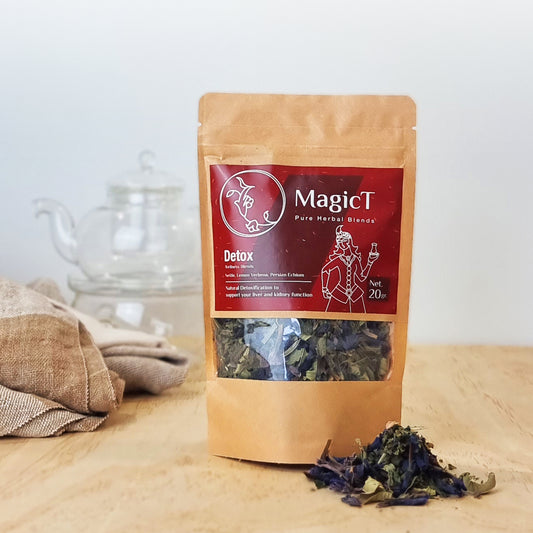
-
Easy Digest: Chamomile, Peppermint, Thyme, Lavender
Regular price $19.90 NZDRegular priceUnit price per$17.90 NZDSale price $19.90 NZD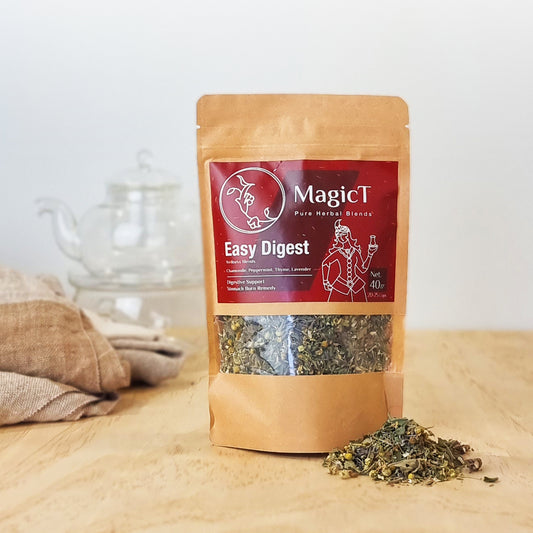
-
Green Tea Ginger : Green Tea, Ginger
Regular price $19.90 NZDRegular priceUnit price per$17.90 NZDSale price $19.90 NZD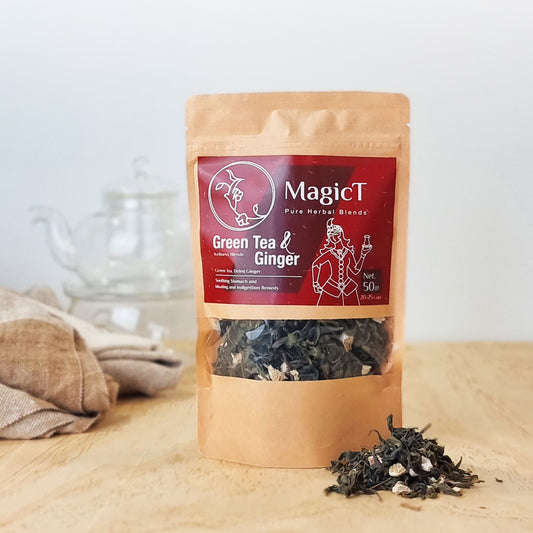
-
Soothe and Settle : Green tea, Ginger, Peppermint, Cardamom
Regular price $19.90 NZDRegular priceUnit price per$17.90 NZDSale price $19.90 NZD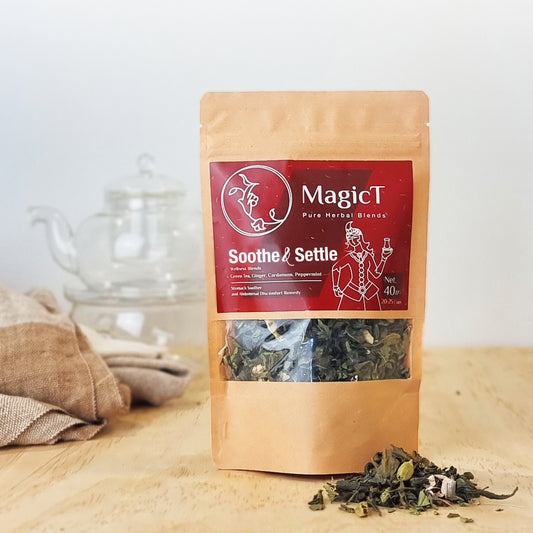
-
The Winter Bundle: Winter Wellness Pack
Regular price $57.50 NZDRegular priceUnit price per$71.90 NZDSale price $57.50 NZD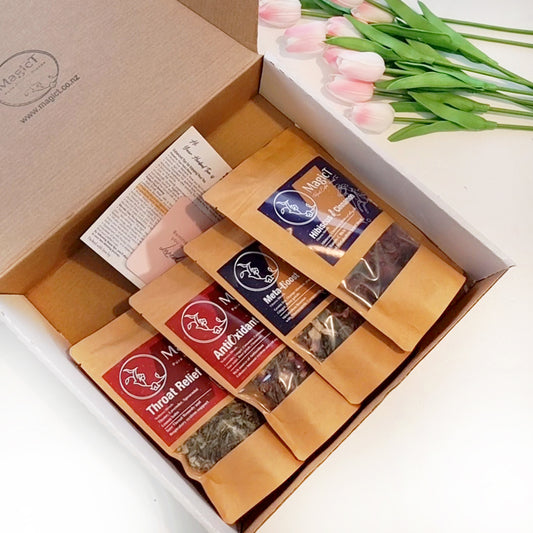 Sale
Sale -
Rose Bundle: A Bundle that Gives Back
Regular price $59.90 NZDRegular priceUnit price per$76.80 NZDSale price $59.90 NZD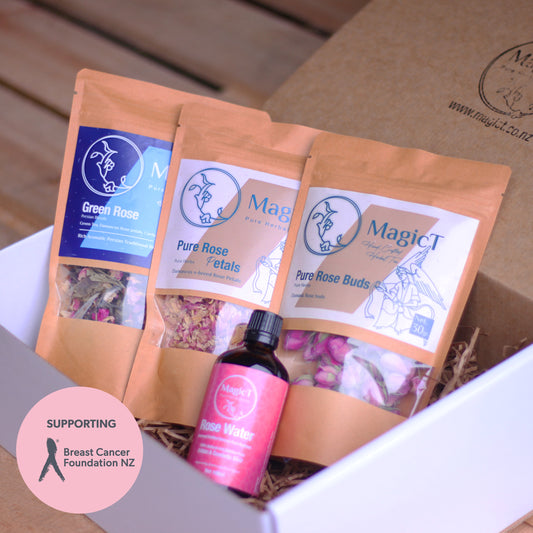 Sale
Sale








